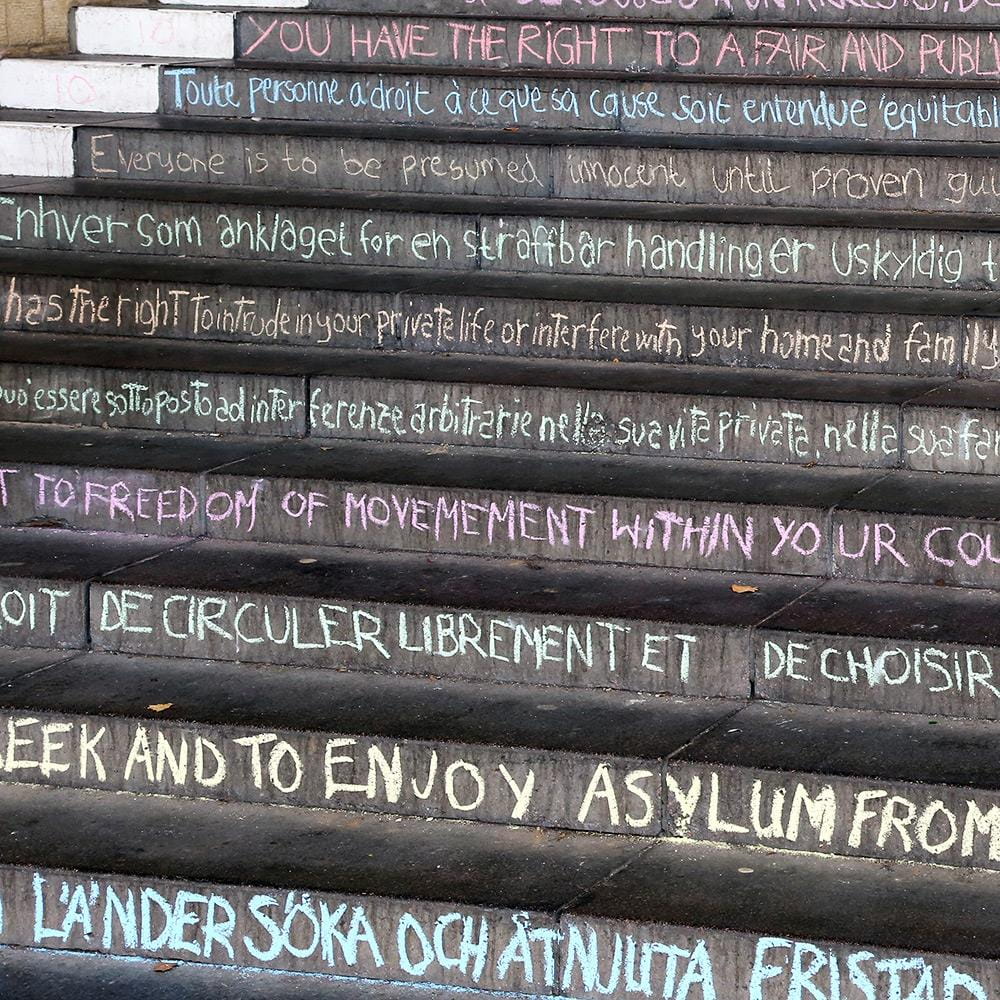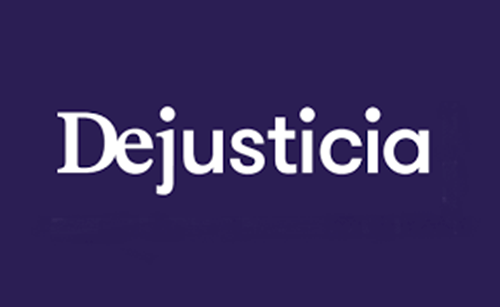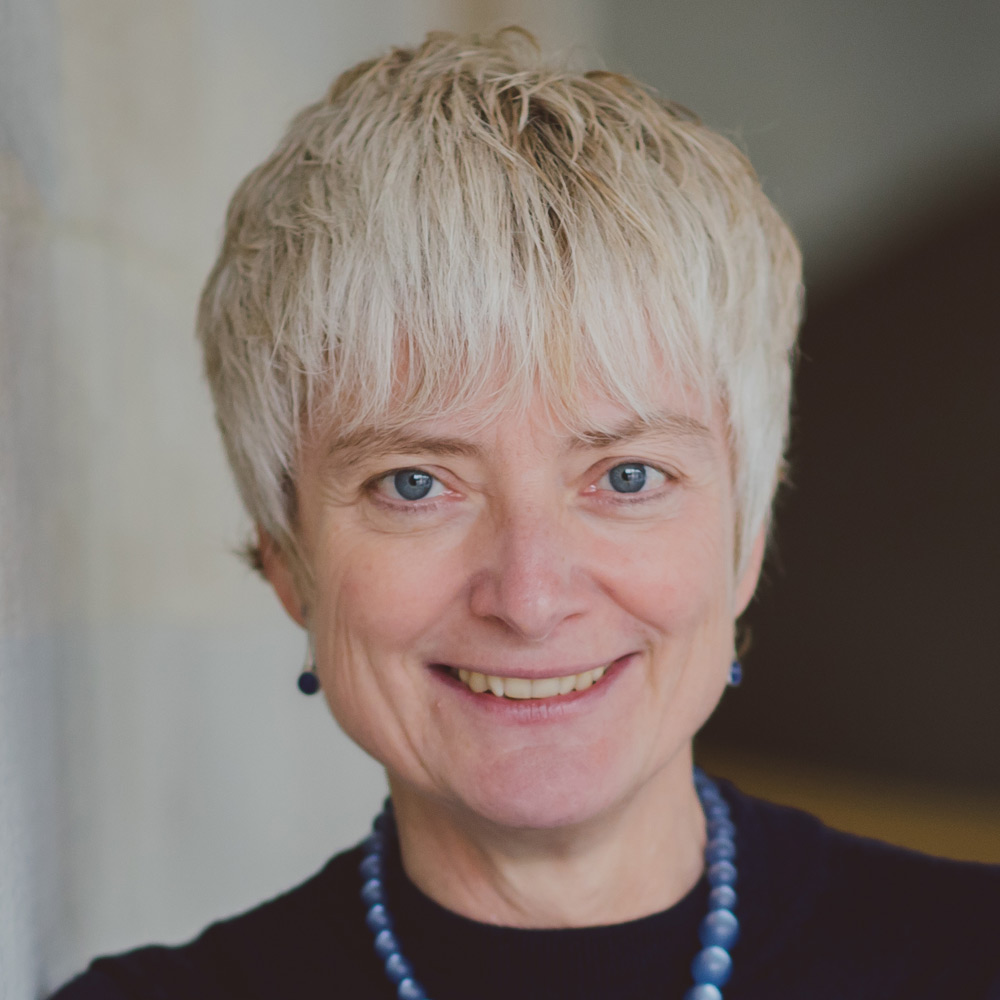Guarantees of Non-Recurrence in Transitional Justice

This project is in collaboration with DeJusticia.
Providing guarantees of non-recurrence (GNR) after periods of massive violence or systematic human rights violations is one of the main obligations of States and one of the pillars of transitional justice. GNRs are an integral part of the Peace Agreement between the Colombian government and the FARC guerrilla. Far-reaching prevention measures, such as rural reform, can be seen as GNRs. At the same time, GNRs are part of the measures that those who have committed conflict-related international crimes need to provide in order to qualify for low criminal sanctions or even amnesty or waivers of criminal prosecution. However, in practice, GNRs are often reduced to promises not to commit crimes in the future.
The Human Rights Centre Clinic will examine what Colombia has done in terms of GNRs to shed light on the failures to date, but also on opportunities for improvement in the future. The project will also study the experiences of other transitional justice processes to improve the understanding of how to prevent systematic and massive human rights violations in Colombia, but also in future transitional justice processes elsewhere.
How to apply
This exciting research project is open to postgraduate human rights students as part of the Human Rights Centre Clinic Module (HU902). If you want to join the module-based projects of the Human Rights Centre Clinic in 2022-23, please submit your application by Monday 10 October at 5pm to humanrightscentreclinic@essex.ac.uk.
The application should include two attachments:
- your CV (two pages maximum)
- a 400-word statement explaining why you want to join the Clinic and what you expect to learn from it. The statement should include your preferred three module-based projects in order of preference. We would do our best to accommodate your choices
Interviews will take place via Zoom on Wednesday 12 October (afternoon), Thursday 13 October (all day) and Friday 14 October (morning). You would be allocated a time slot for a short conversation with the HRC Clinic Director and one of the Co-Deputy Directors.
We will communicate the decision on Monday 17 October, and we expect to have the teams in place that week itself.
Important:
- students taking part in any of the six module-based projects will also need to enrol in HU902 (Spring Term and two sessions in Autumn Term)
- the process described above applies to module-based projects only, not to the stand-alone project on arbitrary detention, which follows its own application process. Students on the stand-alone project do not need to take HU902
- students are free to apply to module-based projects and to the stand-alone project at the same time, but note that the module-based projects will require approximately 8-10 hours of your time per week from late October to the end of June on top of the coursework for all other modules. We recommend you do not overstretch your commitments

Project supervisor

